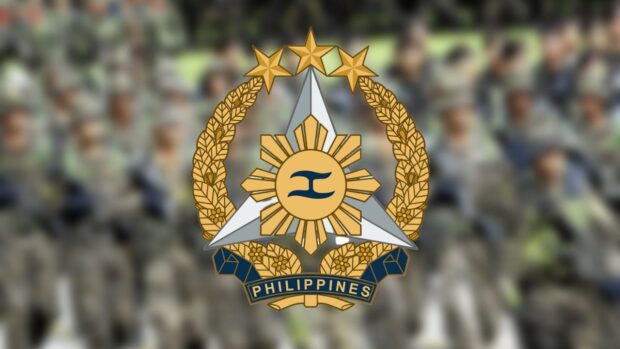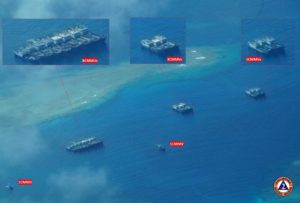
The drills, dubbed as Exercise Defense Cyber Marvel 3, involved 127 teams from 17 partner and allied nations including the Philippines, which joined for the first time.
The AFP said it aimed “to enhance global cooperation in cyberspace defense and strengthen partnerships among participating countries.”
Thirteen personnel from the AFP Cyber Group and Communications, Electronics and Information Systems Service took part remotely from the Marco Polo Hotel in Pasig City on Feb. 10 to Feb. 16. Other neighboring countries such as Japan, South Korea and Singapore also joined virtually, it added.
READ: Brawner: Cyber defense equipment part of AFP modernization’s 3rd phase
The main venue of the exercise was held at the North Atlantic Treaty Organization (Nato) Cooperative Cyber Defense Center of Excellence in Tallinn, Estonia, one of the leading countries in cybersecurity. Nato is an intergovernmental military alliance of 31 nations.
The AFP cyberteams placed third, fourth and fifth out of 127 participating teams from other countries during the “Capture the Flag” challenge and ranked third place in the “Artificial Intelligence (AI)” challenge, the AFP said. The specific tasks, however, were not disclosed.
Digital defense
The Filipino participants worked with 19 members of the British Army to exchange knowledge and skills in the field of cyberdefense.
The AFP said the training covered familiarization with VPN (virtual private network) tunneling and cyber-range tools, AI challenges, digital forensic activities, security hardening procedures, firewall configuration hardening and social media monitoring.
AFP chief Gen. Romeo Brawner Jr. announced last year it was creating a Cyber Command to bolster the military’s cyberdefense networks, amid a wave of reported online attacks at a number of government networks, including the AFP. INQ


